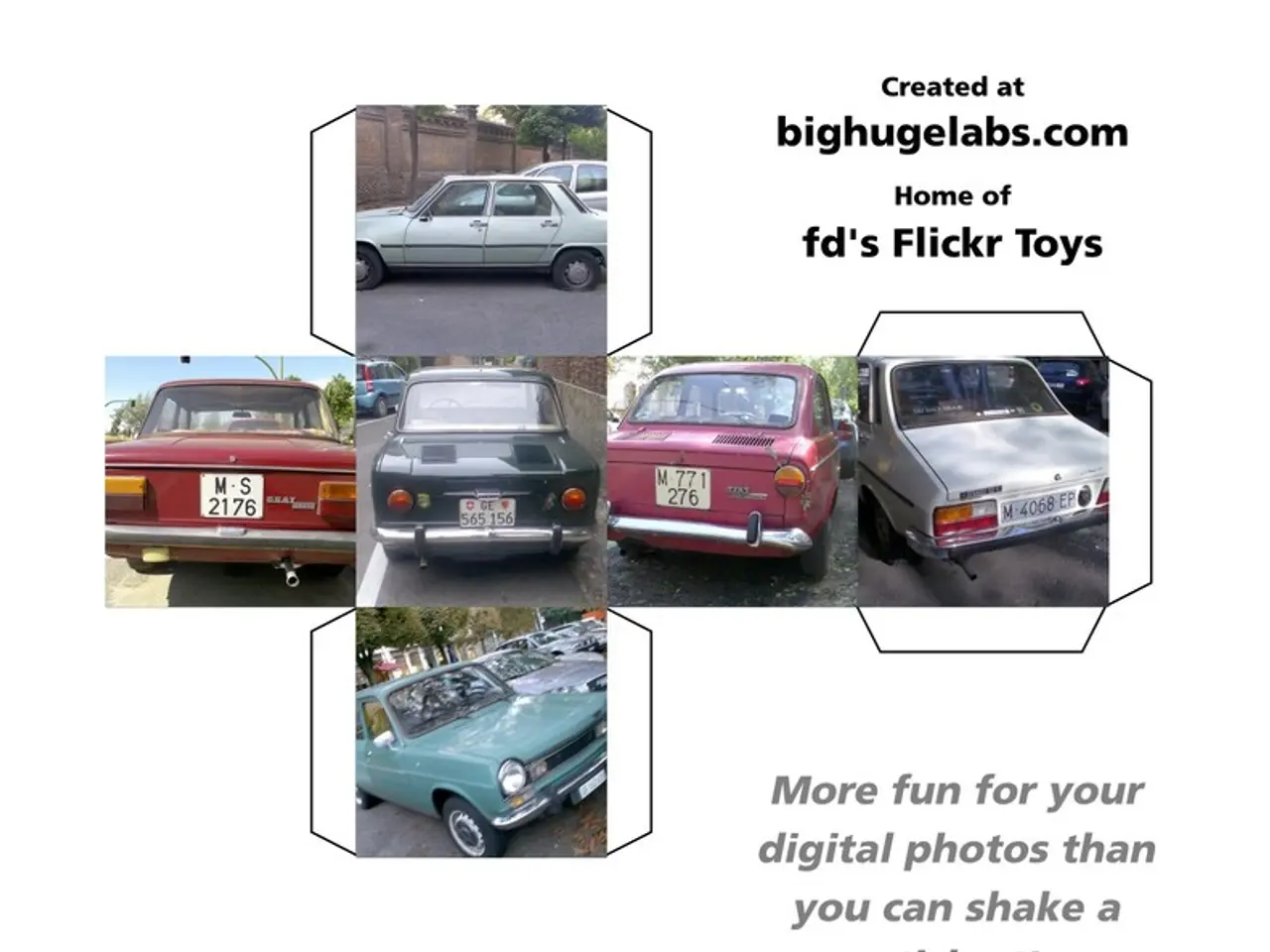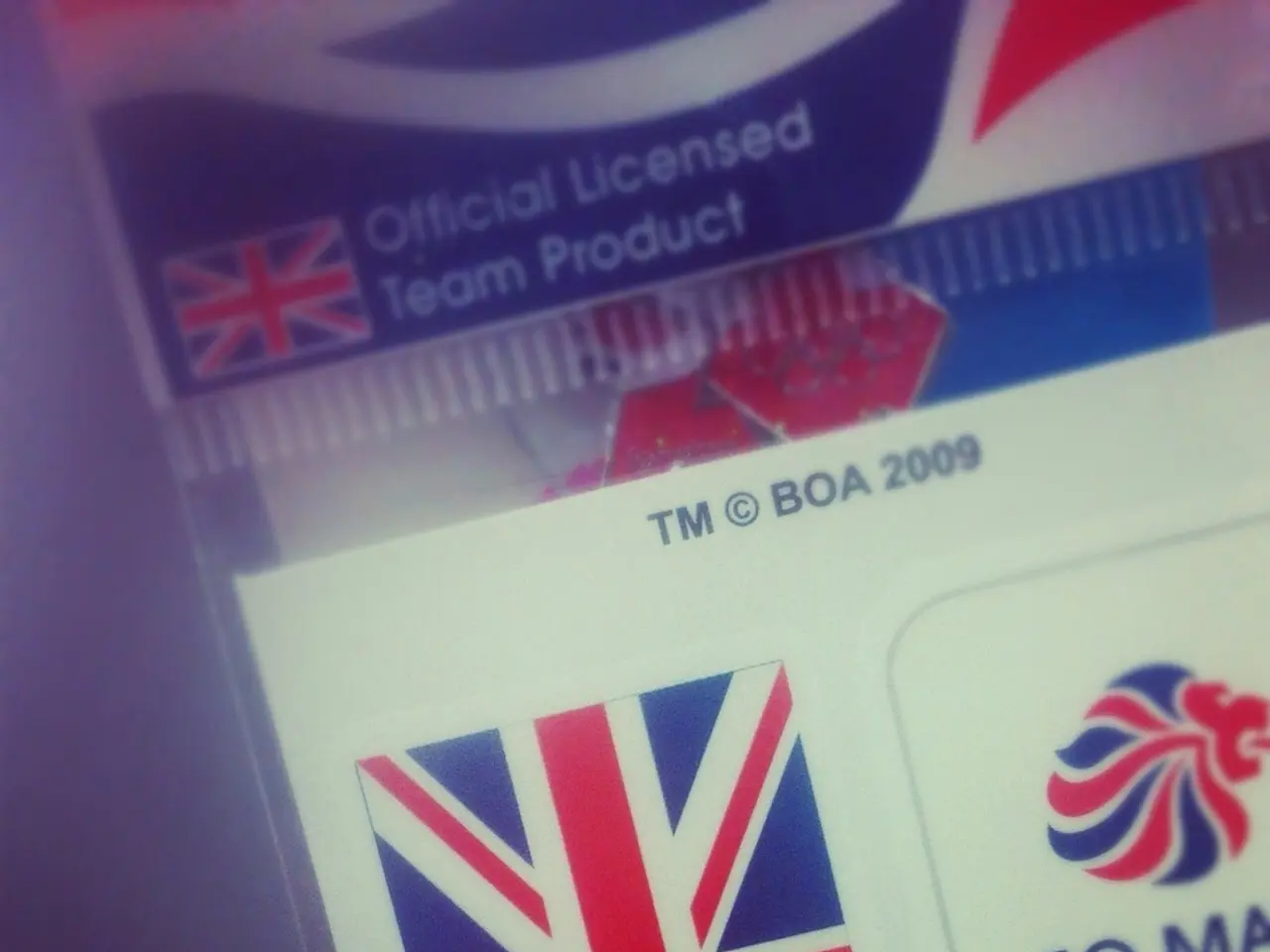Global Vehicle Cybersecurity Contest Hits High Gear in 2025, Sparking Hacker Showdown
The countdown to the Global Vehicle Cybersecurity Competition (VCC) 2025 has begun, and anticipation is building around the revelations and advancements that this iconic event is expected to generate. This competition aims to foster innovation in automotive cybersecurity technologies and develop AI-powered tools that can enhance vehicle safety and resilience against cyberattacks.
For the automotive industry, the implications are significant. The competition will encourage automakers and suppliers to adopt stronger cybersecurity protocols, reducing risks from hacking or unauthorized control of vehicle systems, particularly as vehicles become more reliant on connectivity and automation. The global scope of the competition promotes cooperation among diverse stakeholders, enhancing shared security practices and readiness.
The acceleration of AI and automation in cybersecurity is another key implication for the industry. AI-driven vulnerability detection and response tools developed through this competition can be integrated into vehicle software and safety systems, improving resilience against evolving cyber threats.
For consumer privacy and safety, the implications are equally important. The outcomes of the competition will help safeguard communication channels, thereby protecting consumer data and preventing unauthorized access to vehicle controls or eavesdropping on in-car systems. By addressing vulnerabilities proactively, the competition helps build consumer confidence in the safety and privacy of advanced vehicle technologies.
However, it's important to note that while AI tools are central to defense enhancements, there is also awareness that AI can be exploited by attackers to automate hacking. The competition highlights the need for continuous improvement to stay ahead of AI-powered threats impacting both vehicles and consumer data.
The Global VCC 2025 will feature a mix of veteran cybersecurity specialists and newcomers. Teams participating in the VCC will include ethical hackers as well as cross-disciplinary experts from fields like automotive engineering and software research and development. The competition stands as a testament to the crucial need for robust solutions in an age where vehicles are not just modes of transportation but dynamic nodes in the digital ecosystem.
The competition fosters a collaborative tension, thriving on a community-like spirit where innovation is shared and defended in equal measure. The VCC underscores a commitment to safeguarding technologies that have become integral to modern vehicles, ensuring consumers that cybersecurity is not an afterthought but a forethought.
In summary, the Global VCC 2025 is set to drive advancements in vehicle cybersecurity by promoting AI-augmented security solutions, industry-wide collaboration, and stronger privacy safeguards. These efforts will elevate the security posture of connected and autonomous vehicles, thereby enhancing consumer safety and trust in the automotive ecosystem amid rapidly evolving cyber threats.
- The Global VCC 2025, an encyclopedia of innovation in automotive cybersecurity technology, will foster collaboration among diverse stakeholders, encouraging the adoption of stronger protocols and AI-powered tools to enhance vehicle safety and resilience against cyberattacks.
- As AI and automation become integral to cybersecurity, the outcomes of the Global VCC 2025 will not only drive advancements in vehicle cybersecurity but also safeguard consumer privacy by protecting communication channels, ensuring data protection, and preventing unauthorized access to vehicle controls or in-car systems.




